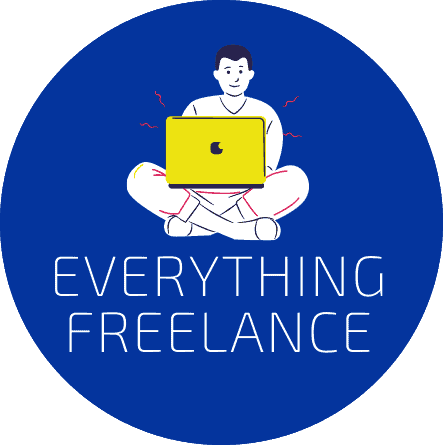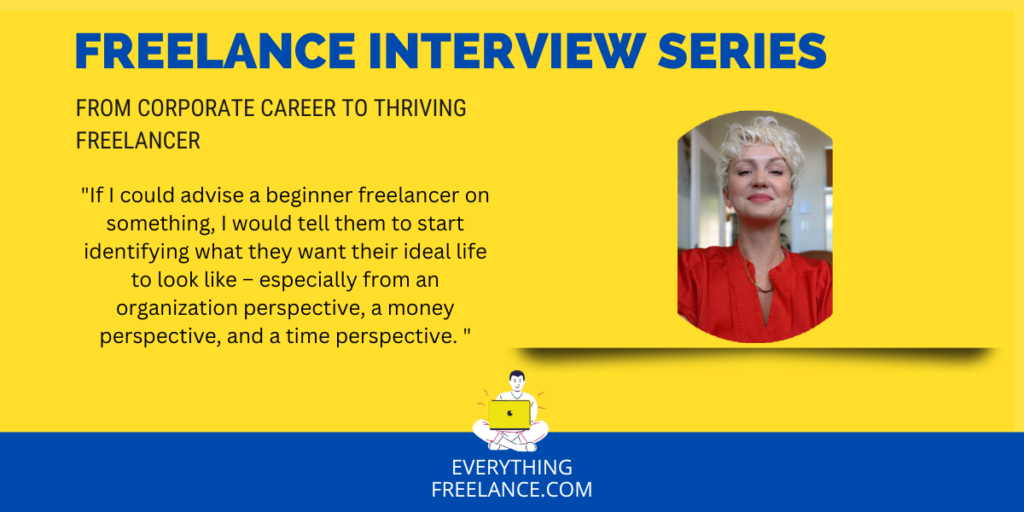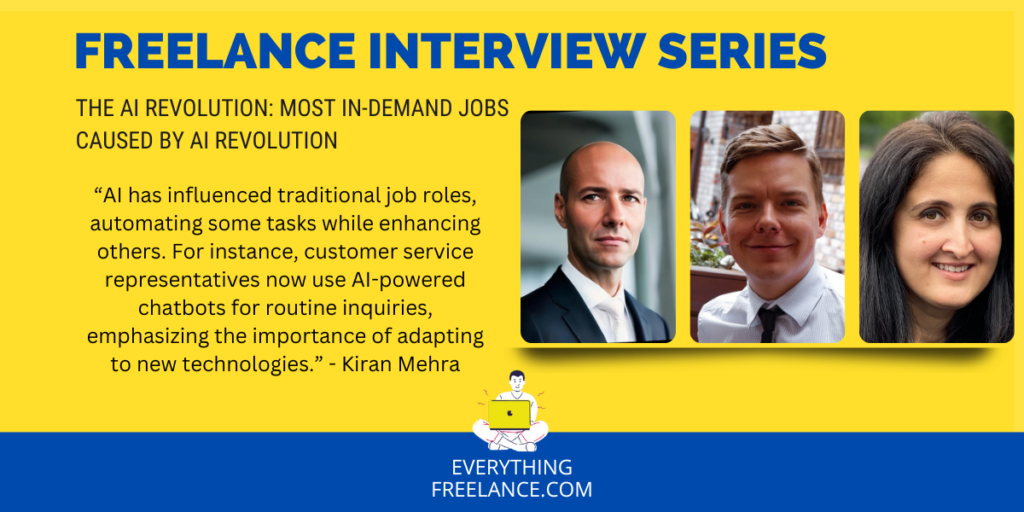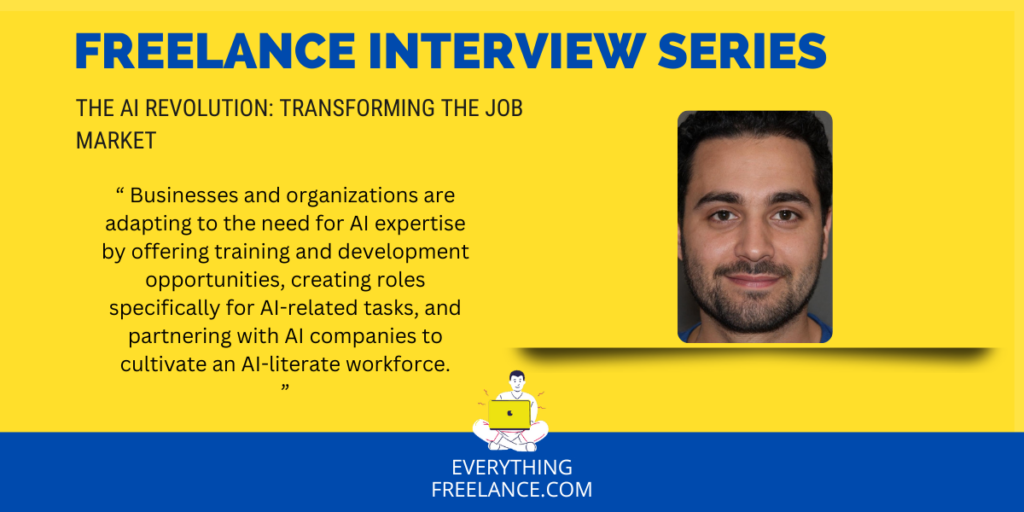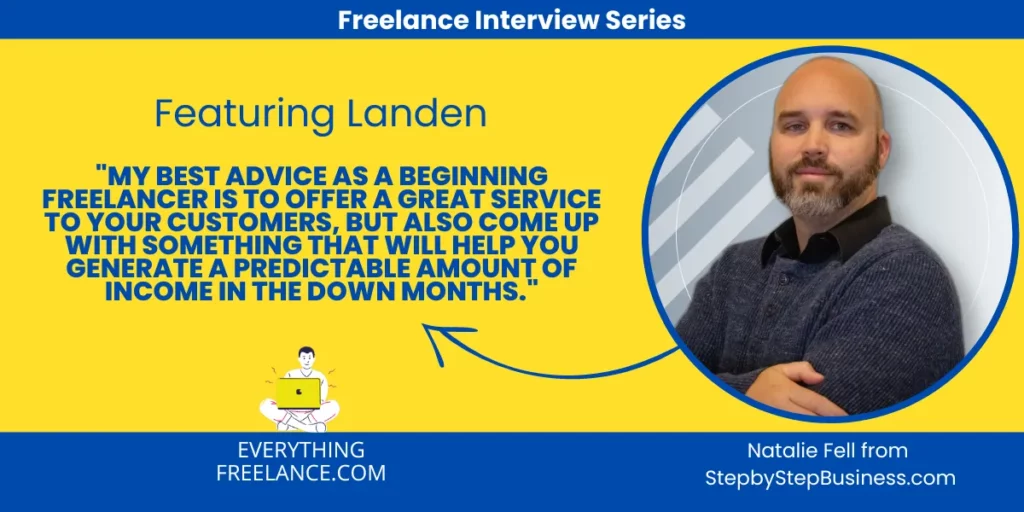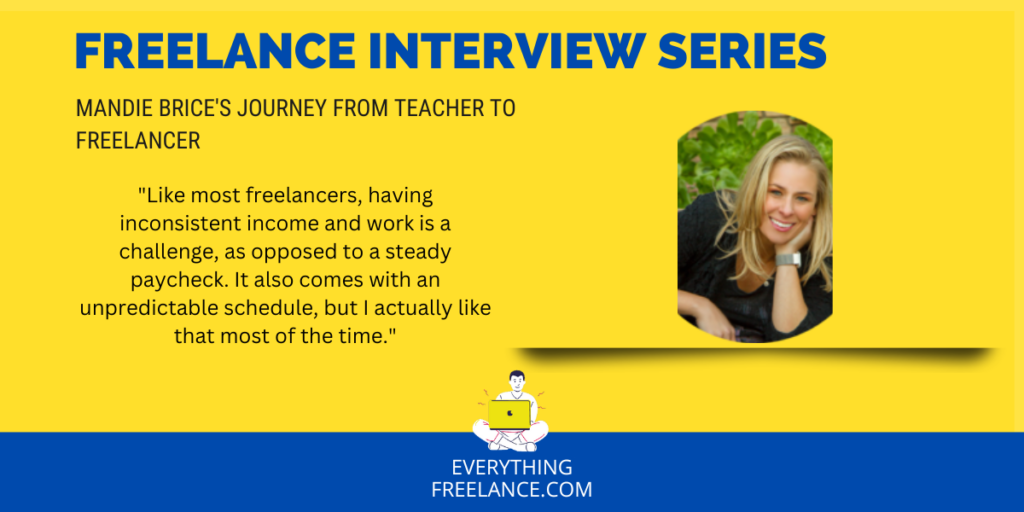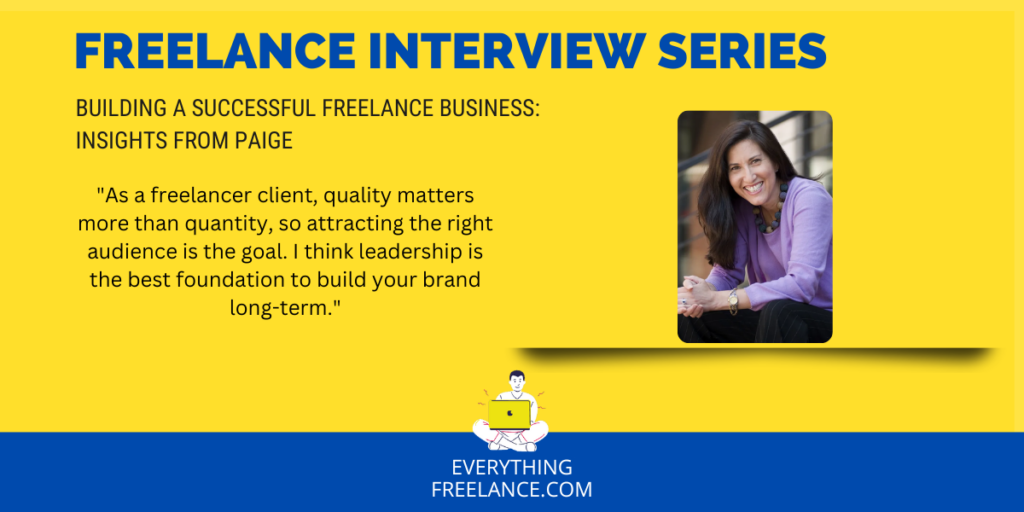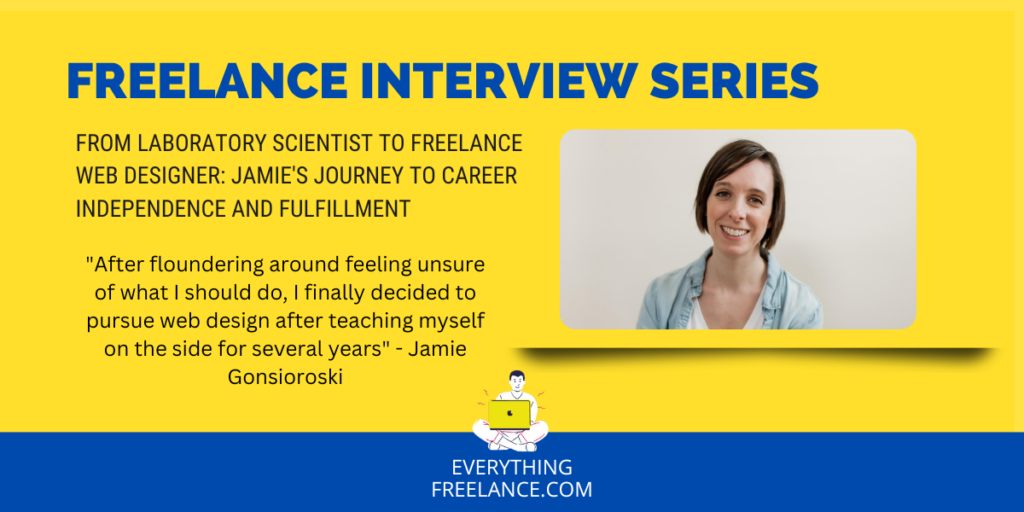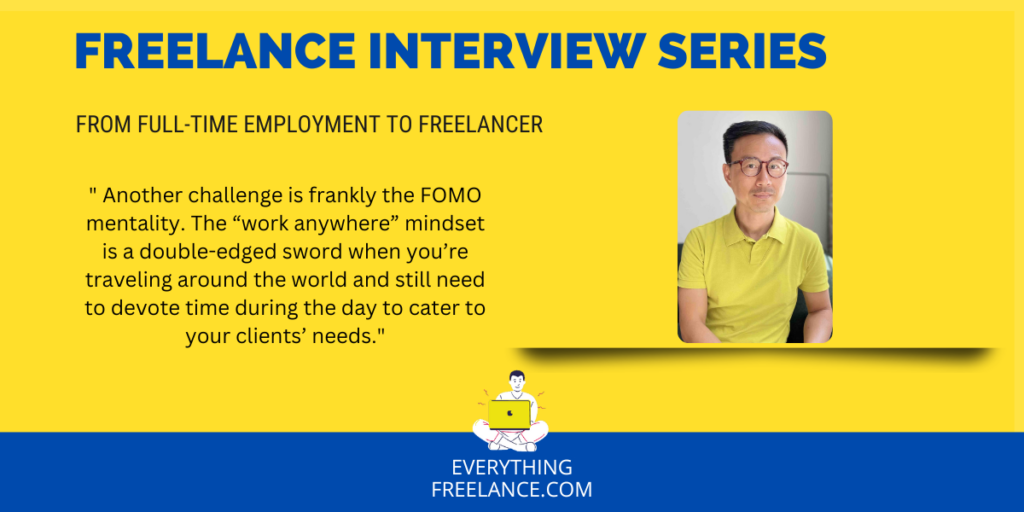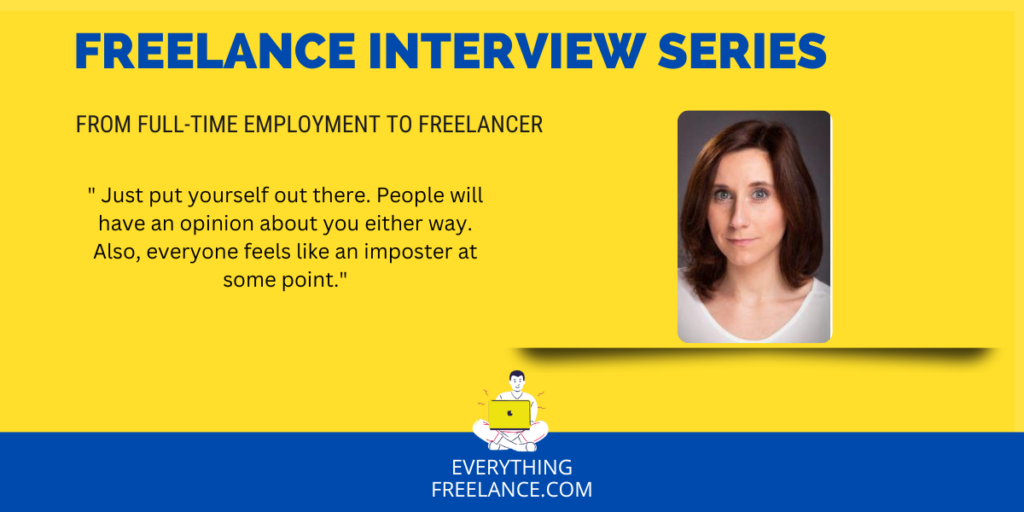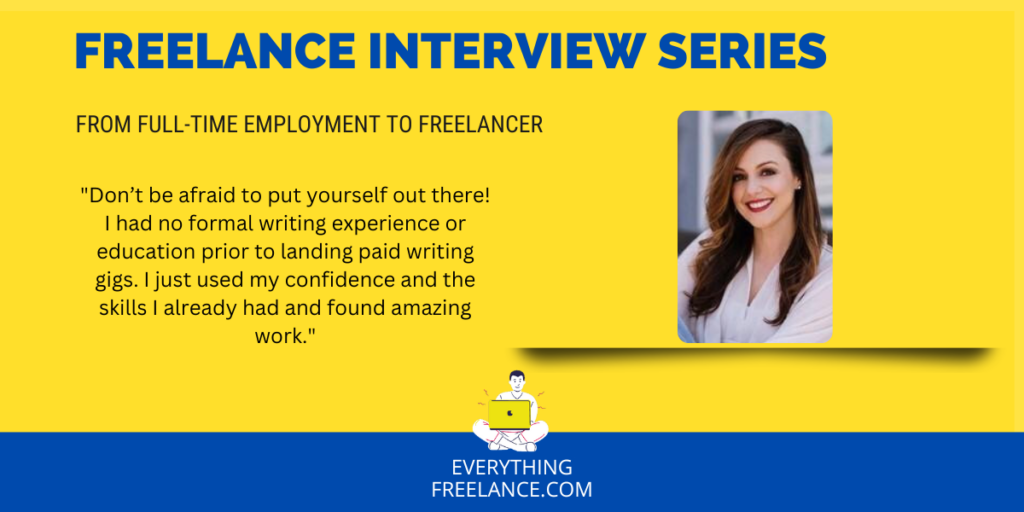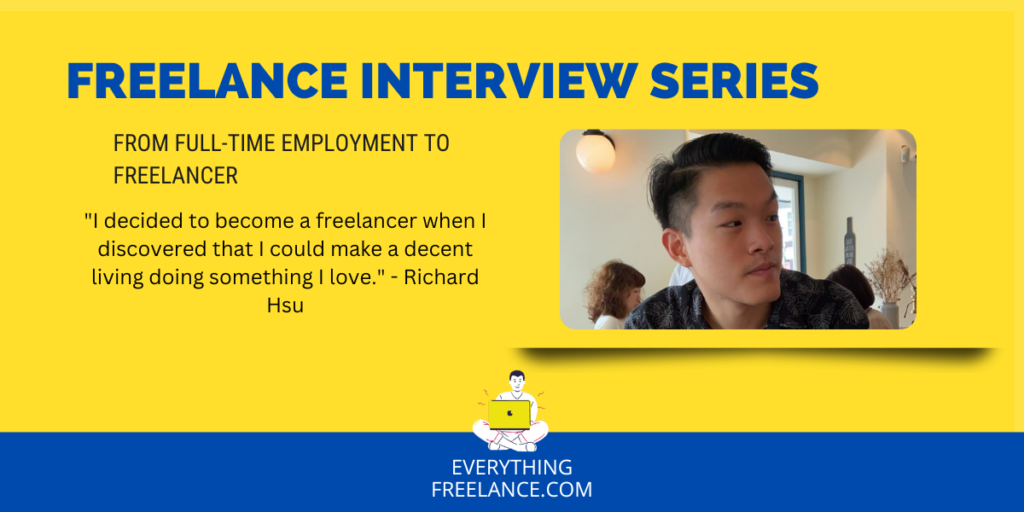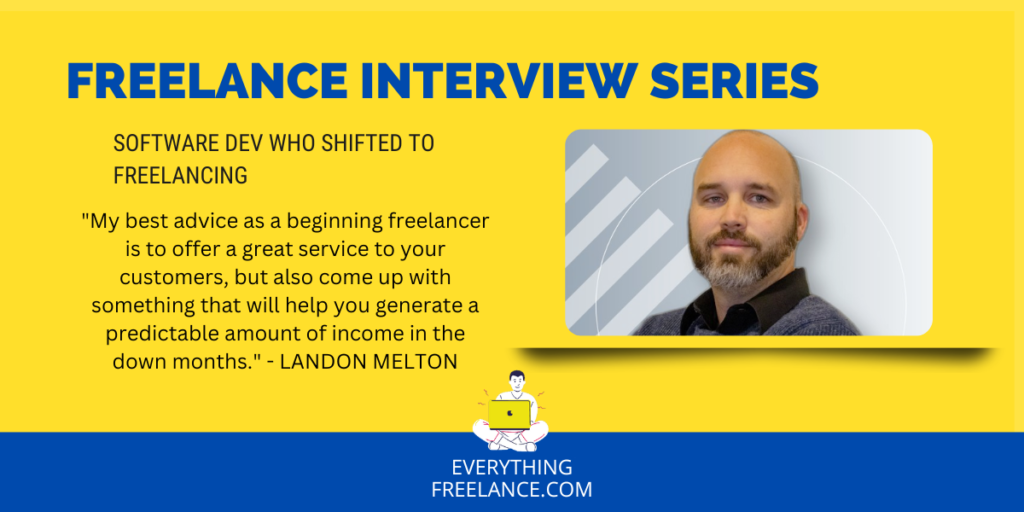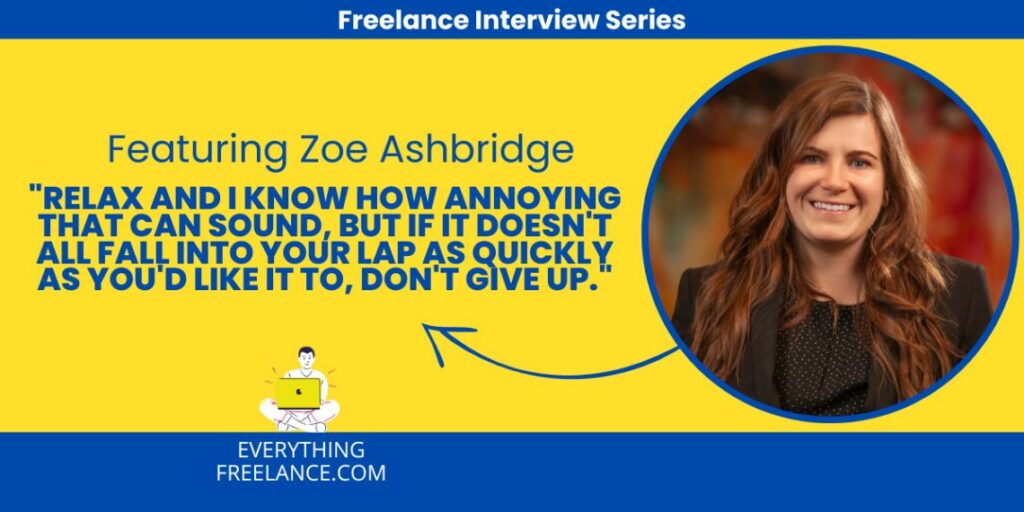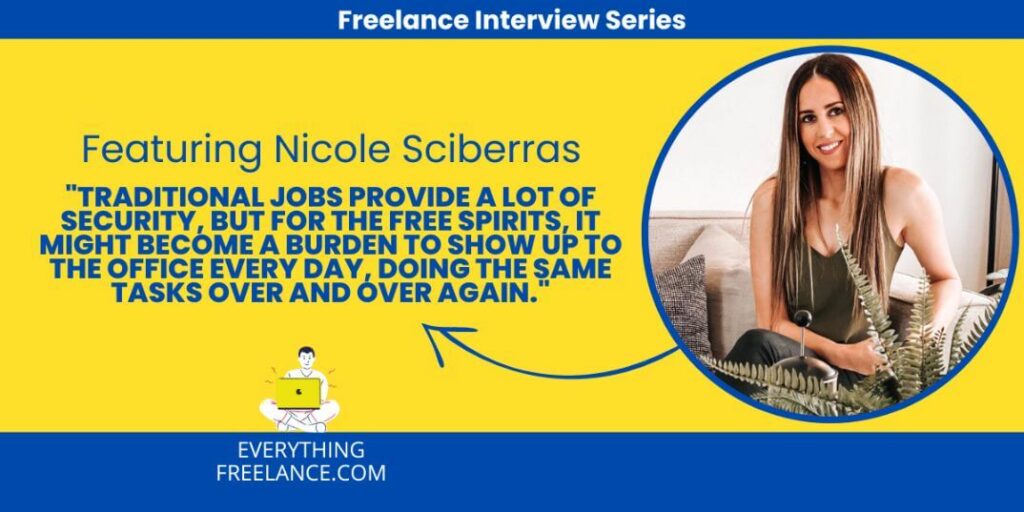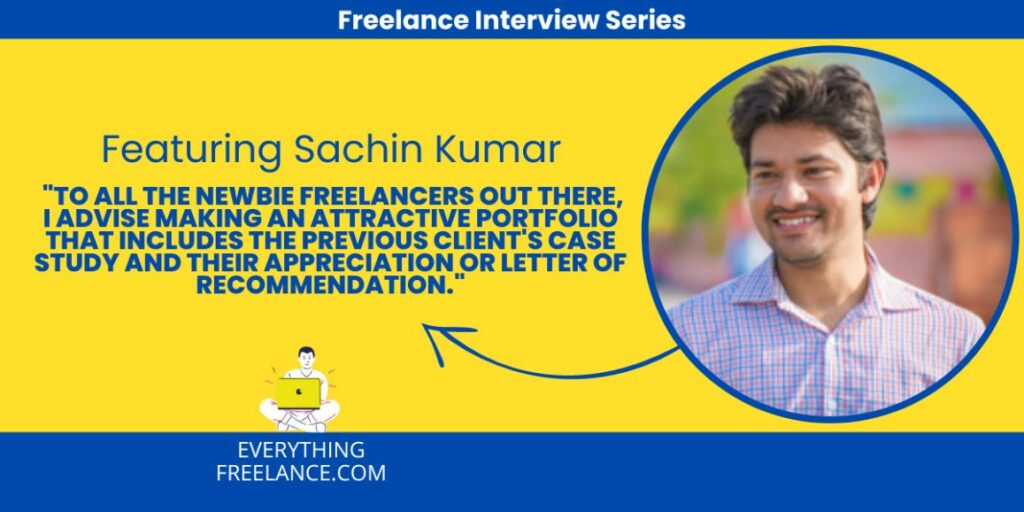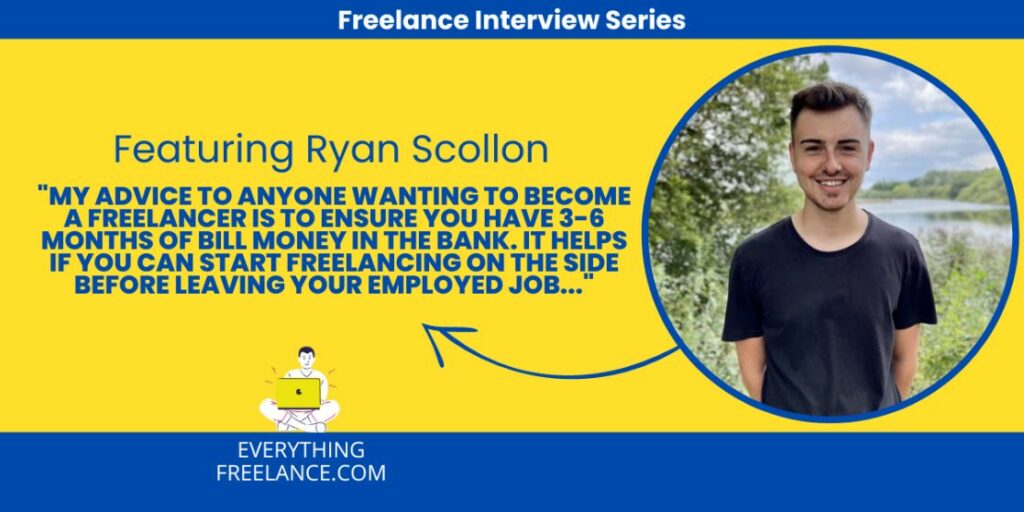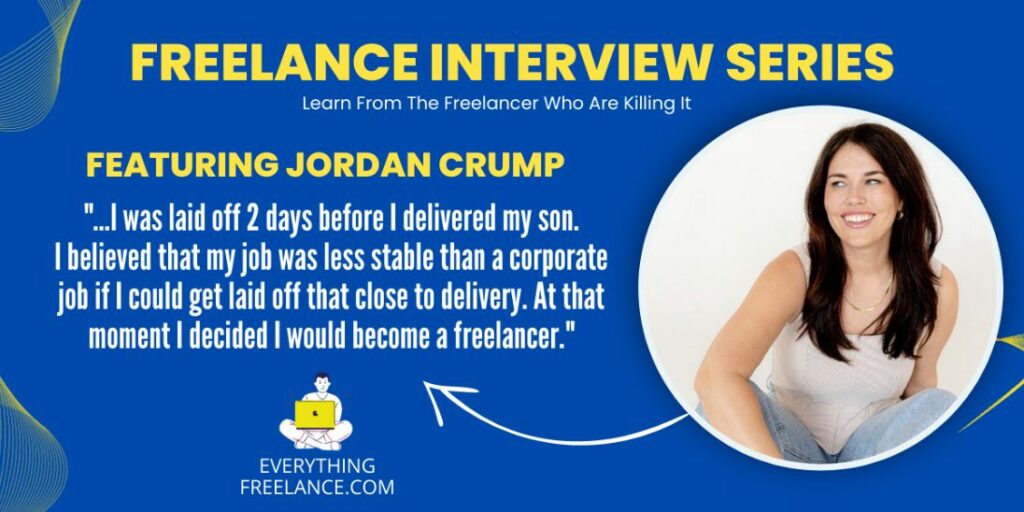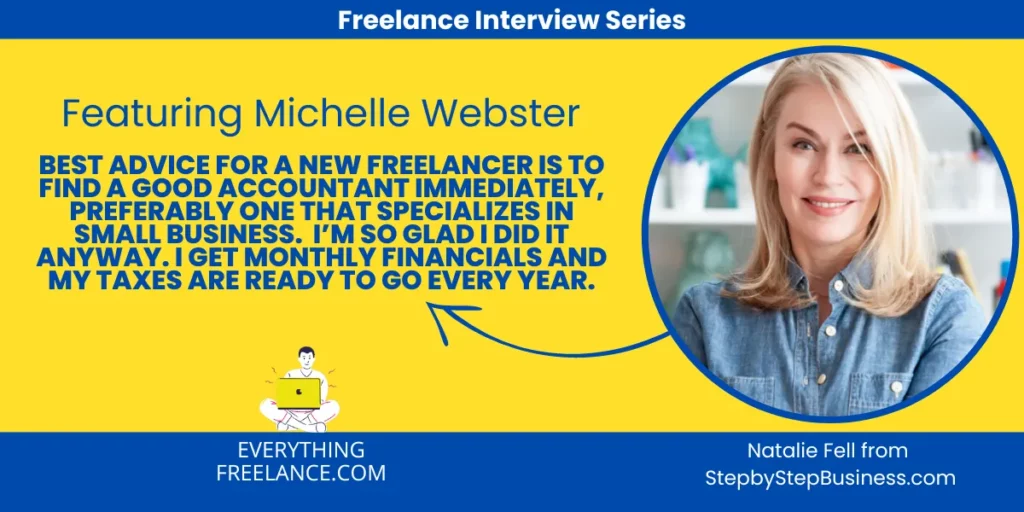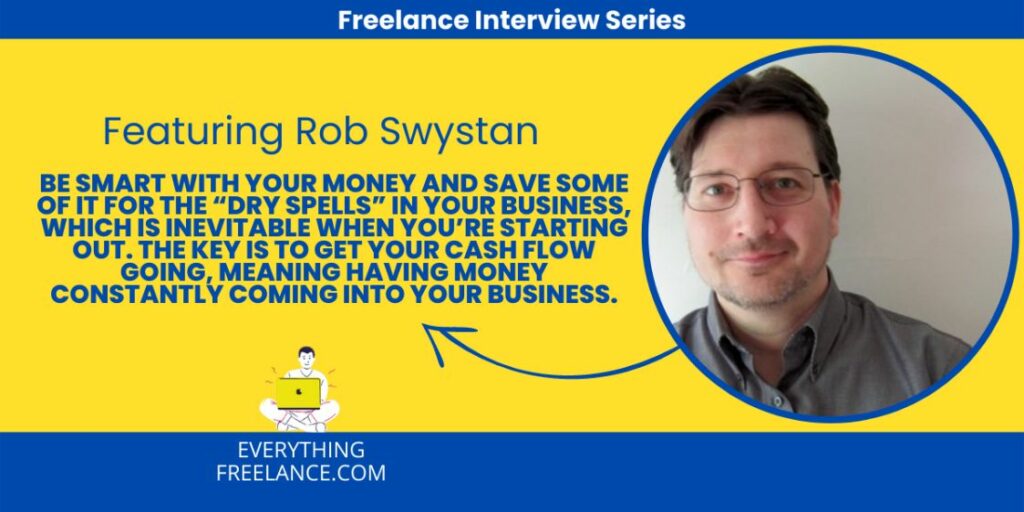59 million Americans are registered as freelancers today, which is 36% more than a decade ago. The Gig Economy contributes $715 billion to the national economy. From these numbers, we can only denote that freelancing becomes a secure and stable job and, according to the total contribution to the national economy — a profitable one, too.
Being your own boss sounds amazing and fulfilling, but let’s remember that with great power comes great responsibility. Regardless of the niche, Freelancing requires managing your workflow, promoting yourself, negotiating with clients, doing the job, and so on.
Breaking from the 9-5 cycle is like running to your freedom and career independence. However, it’s far from all those corporate rainbows and butterflies once you leave your regular jobs. It takes a strong will and a determined mind to take the unknown road and pave your own way to success, just like Rebecca Morassutti.
In this interview, Rebecca will walk us through the humble beginnings of creating a brand out of your name and breaking into the market of freelancers that always seems saturated -the hardships every freelancer has to overcome.
Keep reading to find out what Rebecca’s tipping point is, which makes a woman stand up and go after her dreams in the absolute unknown.
Q:Please tell us about yourself, your expertise etc?
A: My name is Rebecca Morassutti and I’m a Business Growth Strategist. I help my clients focus on the tasks and processes that will help their businesses grow to new heights.
I started my freelancing career as a virtual assistant using the skills that I had built up over my corporate career. Shortly after I left my full-time job, I knew I wanted to play a bigger role in helping other entrepreneurs grow their businesses and succeed, so I took additional courses and became a certified growth strategist.
In addition to working with my clients, I also teach women how to start their own client-first virtual assistance businesses and mentor newbie VAs. This is such a passion of mine and I’m making it my mission to help other women build a life of their own design.
Q:Please describe your previous work as an employee?
A: After university, I landed a post-graduation internship with a social enterprise. Over time, I grew more and more interested in marketing and through building relationships, working hard, and expressing interest, I nabbed a job in marketing. The company paid to help me expand my knowledge base and I later became the youngest Director of Marketing there.
My corporate experience was very tedious and I often felt like I was doing the job of multiple people. Not only was I doing marketing strategy, but I was also helping execute projects. I had a company phone that I was constantly checking and I worked well over 40 hours a week.
Ultimately, I realized I was putting a ton of work in for little more than a paycheck. Yes, I moved up the corporate ladder in a relatively short amount of time, but I felt like I’d done everything I could there. I was burning out and was starting to feel a bit lost on what I should do next.
Q: What was the point where you decided to become a freelancer?
A: As I started considering looking for a new job, I knew that things probably wouldn’t be all that different. I might change my workplace, but the constant feeling of being overworked and under-appreciated would still be there. Not only that, but I wouldn’t know anyone at the new company and probably wouldn’t have the same kind of freedom as a new employee.
But more importantly, I felt like I wasn’t really able to see the direct impact of the work I was doing. And I was working really hard! I really cared (and still care) about my work. I decided I wanted to create my own freelancing business to support other people and see how my effort could help someone else flourish. By helping other entrepreneurs, I also end up helping myself.
So, I considered all the skills I’d built and acquired over the years and what I could do.
Q: What are the challenges you’re facing as a freelancer?
A: At first, one of the biggest challenges was being lonely – not having connections or people to talk to and ask questions.
It’s a lot more common now, but when I started freelancing seven years ago, I didn’t know anyone else who was doing anything like what I was doing and working online. I really missed being part of a community to lean on and having friends who really understood what I was doing. Most people in my life thought that I just laid around my house all day in my pajamas, watching Nextflix and working for an hour or so.
Another thing that’s really scary and challenging – I think for everyone – is where you’re going to find clients. I worried about this, too. Once you get the first one or two, it’s easier to find more and you gain more confidence. But that’s a huge struggle when you’re new.
Q: What can you advise a beginner freelancer?
A: If I could advise a beginner freelancer on something, I would tell them to start identifying what they want their ideal life to look like – especially from an organization perspective, a money perspective, and a time perspective.
I also would tell them that when they first start freelancing, they should tell EVERYONE! I think a lot of beginner freelancers are embarrassed or don’t want to talk about their new business but they should! On every single social channel, sending emails to their network, all of it. Getting referrals is one of the best ways to get clients, especially when you’re first starting out.
One last thing I would say is that being a freelancer is only as hard as you make it. There are so many resources now where you can join a community and find clients, and you don’t have to do it alone.
Q: How to handle the inflation as a freelancer?
A: I don’t ever worry too much about inflation because every year, I increase my rates. I have great relationships with my clients and am actually still working with my first-ever client! So they know my worth and know that every year, my rate is going to increase a bit.
I don’t make massive increases, but I do raise my rate within reason. Another big part of this is also making sure you’re pitching yourself to clients who can afford your services.
Handling inflation as a freelancer really comes down to understanding your own finances and knowing how much you need to actually live. Maybe that requires you to do an updated budget check, but then you can ensure your rates are aligning with your expected or desired income.
Q: How are you getting new clients?
A: I have gotten most of my clients through word-of-mouth referrals. When you prove your worth to your clients, they can’t wait to tell other people in their circle about you!
My first clients came from Upwork and a few other similar freelancing platforms. I’ve also sent cold pitches and landed clients.
Q: Name one mistake you did as a freelancer?
A: One of the biggest mistakes I made early on was not setting aside money for taxes. I underestimated how much I would owe for taxes, especially for my first year. It’s really thrown me off and even now, I still feel like I’m essentially a year behind.
That was a tough blow and continues to be a headache, but it only took one time and I learned my lesson!
Conclusion
This is what happens when you decide to follow your instincts and trust the process. Doing several people’s work for a single worker’s salary is a case many potential freelancers experience at the moment but are too hesitant to quit the job for fear of the unknown.
From what we’ve learned from Rebecca, it will be scary at the beginning, especially when it comes to finding your clients, doing the job spotlessly, and expanding your network. But, instead of being afraid of this, start contemplating plans to figure out this situation. Rebecca took additional classes to complete her work and get closer to her goals.
We always say that freelancing is not for fainted hearts. It involves a lot of rejections and a lot of under appreciation, but you must keep your mindset focused on the goal of expanding the network. Rebecca said sharing your services on every network is one of the best things to help you break through faster and create a name for yourself. Being shy is normal, but don’t let that stop you from getting closer to your goal.
Every freelancing story is full of challenges that will obstruct freelancers. However, how they overcome every obstacle makes each freelancing experience unique and worth sharing.
Rebecca had a secure day job where she was successful and capable of doing all the duties she had, but for little money. After leaving the job and becoming an independent freelancer, she has no worries about inflation or any downsizing that regular workers experience. Moreover, she can increase the price of her services and make more money without breaking a sweat.
